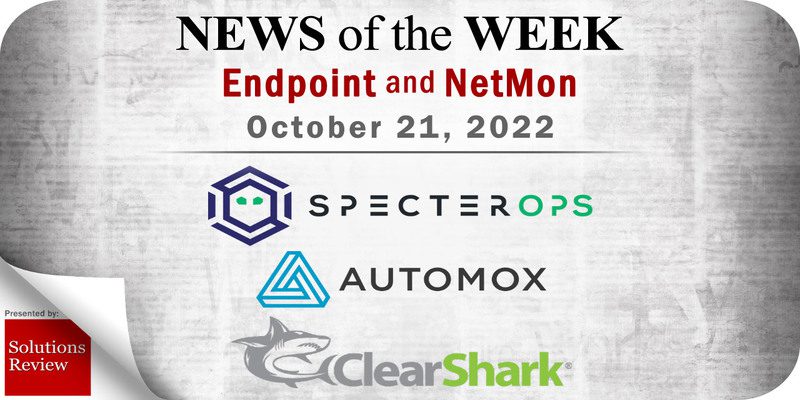Is Endpoint Security taking a backseat in your IT architecture?
By Apu Pavithran, CEO, Hexnode
When Charles Babbage invented the first computer in 1822, little did he know that its capability to store information would unleash a series of cybercrimes. What started as an attack on the French Telegraph system in 1834 later saw its better selves with the advent of the internet in the 1960s. After a series of destructive attacks, the concept of ‘computer security,’ commonly dubbed as ‘cybersecurity,’ was born in the 1970s.
Following the attack on the ARPANET, the Internet’s predecessor that harmed 10% of the connected computers, the Association of Computer Machinery (ACM) inaugurated ‘National Computer Security Day’ in 1988. A decade back, when your business took birth in a garage with you and your partner being the only employees, security never had to be a cause of worry. However, over the years, as your businesses mushroom, your staff base expands, and your workplace landscape turns around, slacking on security might mean putting your business on the line. So, as another November 30th draws close, let’s rewind the clock and evaluate where we stand today in terms of security.
The Exodus towards Computer Security
A great majority of people believe that using a seven-character password to secure your devices is the sum total of cybersecurity. However, the latest conversations around password management and security give an insight into how passwords used in brute force attacks usually include eight or more characters. With the dark web controlling the internet to gain monetary benefits, it is evident that data is not just safe anymore and passwords like “12345”, “qwerty,” and “password” can easily put your business on rough waters. The fact that bidders are willing to pay an average of US $ 3,100 for stolen credentials in the dark web sets off every alarm and drives businesses’ attention to password management systems. Unfortunately, businesses seem to disregard such alarming figures, and many organizations are yet to deploy a mechanism to manage their work passwords.
While these issues can be addressed by subscribing to a password management tool, the concept of passkeys has been slowly sweeping over the password…




